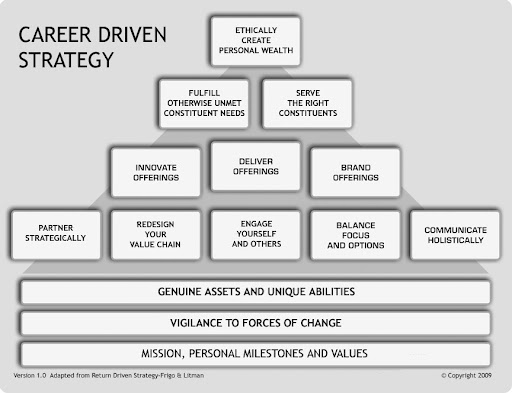Can average investors beat the returns generated by flashy sports deals? This global CEO has an answer.
| From the desk of Miles Everson: Hello! I’m elated to share another investing insight for today’s “The Independent Investor.” Every Wednesday, I talk about investing with the goal of helping you attain financial independence through this activity. Today, I will tell you how investors can build long-term wealth and financial independence without relying on millions or flashy sports deals. Curious? Keep reading below to know more! |
Can average investors beat the returns generated by flashy sports deals? This global CEO has an answer. The Los Angeles Lakers made history in June 2025 as it became the first National Basketball Association (NBA) team to cross the USD 10 billion valuation threshold. The milestone came when the Buss family, the long-time owners of the franchise, sold the majority of their controlling stake to Mark Walter, the CEO of investment firm Guggenheim Partners. This transaction wasn’t just a valuation milestone; it also represented MASSIVE return on investment, as the Buss family paid USD 68 million in 1979 to acquire the Lakers, the Los Angeles Kings hockey team, and their shared arena. Sports Teams As an Asset Class
The Lakers deal follows a long line of billion-dollar transactions that’s been happening in professional sports for the past few years. Consequently, this string of high-profile acquisitions highlights the fact that professional sports teams have become an asset class of their own. In March of 2025, the Lakers’ NBA rival, the Boston Celtics, sold for around USD 6.1 billion. Two years earlier, the Dallas Mavericks, the Phoenix Suns sold for USD 3.5 billion and USD 4 billion, respectively. There’s also the NBA’s USD 77 billion media agreement with ESPN, Amazon, and NBC in 2024. Despite these flashy deals, sports teams are still high-risk, labor-intensive businesses. Owners of these franchises need to manage everything—from massive payrolls amounting to almost a billion and media deals to athlete injuries and player trades. Due to this, even the Lakers have had to endure poor performance and revenue dips on some occasions. You Don’t Need Splashy Deals to Make Massive Gains The prospect of massive returns generated by flashy deals like the example we shared above is a tantalizing one. Unfortunately, glitzy sports deals are just far from the reach of average investors. However, this doesn’t mean investors can’t outpace the returns generated by these sports deals. According to Professor Joel Litman , Chairman and CEO of Valens Research and Chief Investment Officer of Altimetry Financial Research, there’s a simple strategy that has quietly outpaced one of the flashiest deals in sports history and has set the stage for long-term wealth. The strategy he’s referring to? Investing in equities. Since 1979, the S&P 500 has compounded at an annual rate of around 11.5%. Let’s say for example, that instead of acquiring the Lakers in 1979, the Buss family invested their USD 68 million into the S&P 500, they’d have about USD 13 billion by now… all without the headaches of running a professional sports organization. Aside from compounded returns, stocks offer another key advantage: liquidity. Unlike sports teams, investors can buy and sell an S&P 500 fund with few obstacles and full transparency. While it cannot be disputed that the Buss family struck gold in their investment, there’s more than one way of being a successful investor. Investors like you don’t need to start with millions of dollars nor do you need to buy anything fancy or exciting. All you really need to do to get started is to invest in the public market in the long run. Remember : The market rewards patience and discipline. In the long term, it’s the quiet compounders that will make outsized returns over flashier bets. Hope you’ve found this week’s insights interesting and helpful. Stay tuned for next Wednesday’s The Independent Investor! Do you believe that it’s not the strongest who survive upheaval, but those who adapt fastest? Learn more about the truth about AI in the workforce in next week’s article! |

Miles Everson
CEO of MBO Partners and former Global Advisory and Consulting CEO at PwC, Everson has worked with many of the world's largest and most prominent organizations, specializing in executive management. He helps companies balance growth, reduce risk, maximize return, and excel in strategic business priorities.
He is a sought-after public speaker and contributor and has been a case study for success from Harvard Business School.
Everson is a Certified Public Accountant, a member of the American Institute of Certified Public Accountants and Minnesota Society of Certified Public Accountants. He graduated from St. Cloud State University with a B.S. in Accounting.




